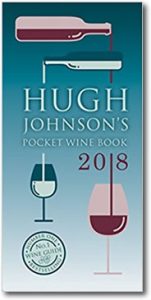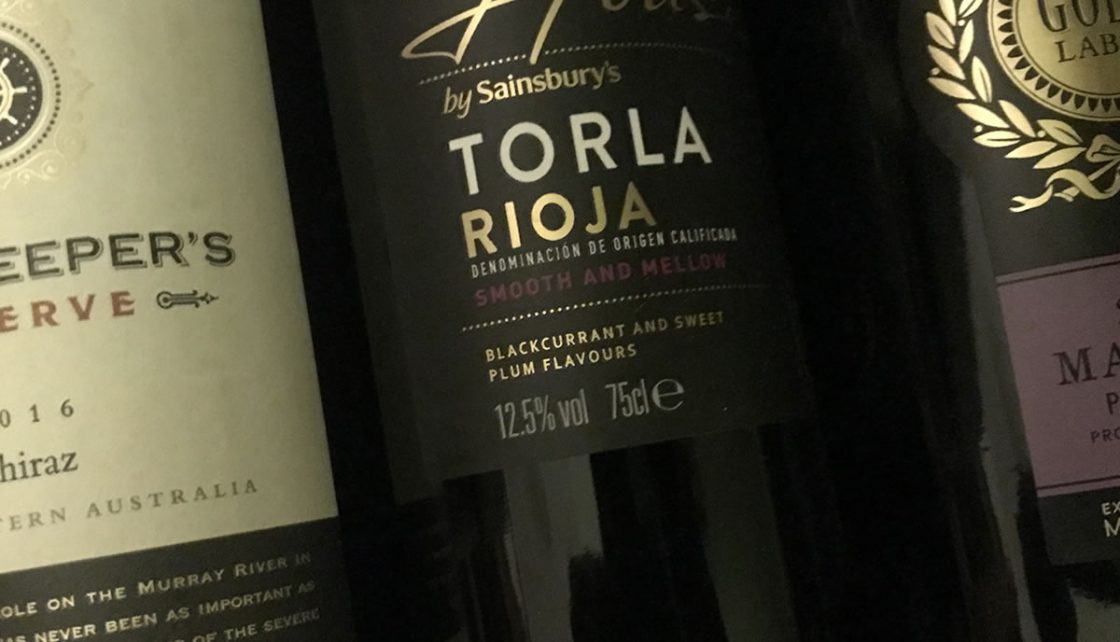When to drink a bottle of wine
It is important to remember that most wine is sold ready to drink. There is nothing to be gained by keeping it and, after a certain time, it will begin to deteriorate.
However, there is quite a large body of wine that will improve with keeping, and indeed needs to be kept in order to be enjoyed at its best. Such wine, if you drink it too young, may well be acceptable, but you will be losing some of its potential. On the other hand, if you keep it too long, it will be tired and its quality gone.
 But how do you tell if a wine needs keeping, and for how long? This is the million-dollar question, and there is no easy answer. Experience helps, but the best recommendation for beginners has to be - “Ask for advice and consult the reference books”. A useful starting-point is Hugh Johnson’s Pocket Wine Book, published yearly in October by Mitchell Beazely.
But how do you tell if a wine needs keeping, and for how long? This is the million-dollar question, and there is no easy answer. Experience helps, but the best recommendation for beginners has to be - “Ask for advice and consult the reference books”. A useful starting-point is Hugh Johnson’s Pocket Wine Book, published yearly in October by Mitchell Beazely.
The length of time a wine takes to reach maturity depends on the conditions in which it is kept. See below for ideal conditions.
Price is some guide. Most supermarket wine under £10 (particularly white) is meant to be drunk right away. At the other end of the scale, a red wine from Bordeaux, a few years old and costing £30, will probably need to be kept (how long depends on the year, so ask the retailer or consult a book).
Top Tip!
Remember, if you open a red wine and find that it tastes very young and tannic, you can aerate it by pouring it into a wide-bottomed decanter or jug and leaving it for a few hours. This will have the effect of “fast-ageing” it. Not the ideal solution (slow bottle-ageing is always best) but the only thing to do in the circumstances!How to store wine
The first thing to say is that you must store your wine horizontally, i.e.the bottles lying on their sides (ergo - wine racks). If you don’t, the corks will dry out, air will get in, and the wine will be spoilt. This is crucial. (Best to treat screw-capped bottles in the same way.)
The ideal environment for storing wine
You can see why the traditional, underground cellar is so perfect! However, if you don’t have one of those, you just have to find that place in your home which best approximates to these ideal conditions.
| Cool | Between 10°C and 15°C. The cooler the conditions, the more slowly - and the better - the wine will mature. |
| Constant | Wines hate being subjected to extremes of heat and cold. Temperature Avoid wide variations in temperature. |
| Quiet | Wines do not like vibration. |
| Dark | Light is bad for wine. But this isn’t a big problem; you can always cover the bottles with a cloth! |
| Dry | Damp is not harmful to the wine, but it can be a problem if your labels become mouldy and illegible! |
Remember! - advice on recommended keeping times is always based on good, cool storage conditions. If you keep your wine in a warm place, it will age faster. The cooler (and therefore slower) the bottle-ageing, the better.
Remember too, half-bottles of wine will age faster than the normal size (because there is a greater proportion of the wine exposed to the surface). Magnums (double-bottle size) will age more slowly.
If you'd like to discover more about wine, join us on one of our Good Wine Tours relaxed and informal wine breaks. They suit beginners to experienced. We also offer short courses and tastings through our Wine Education Service.
Share this Post



